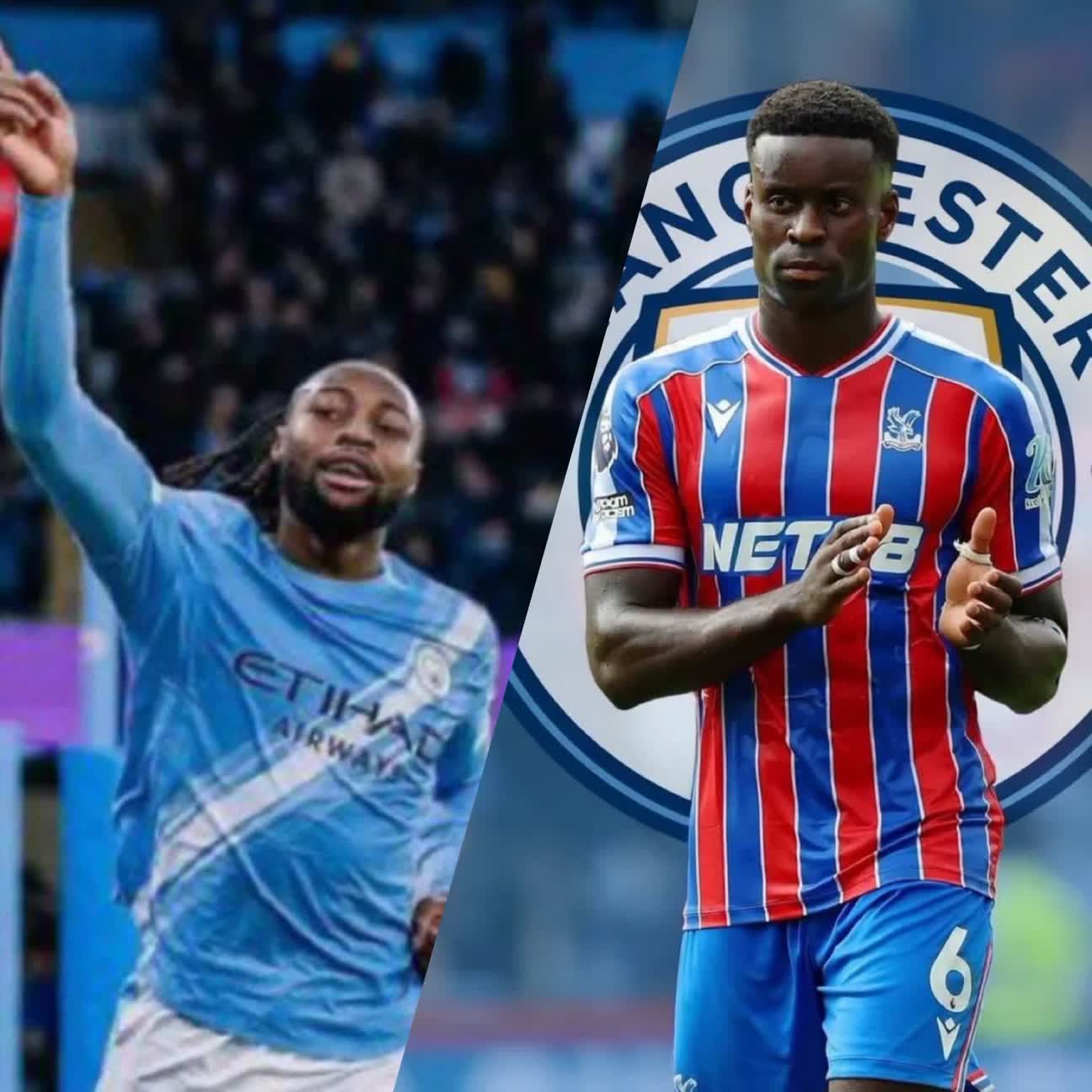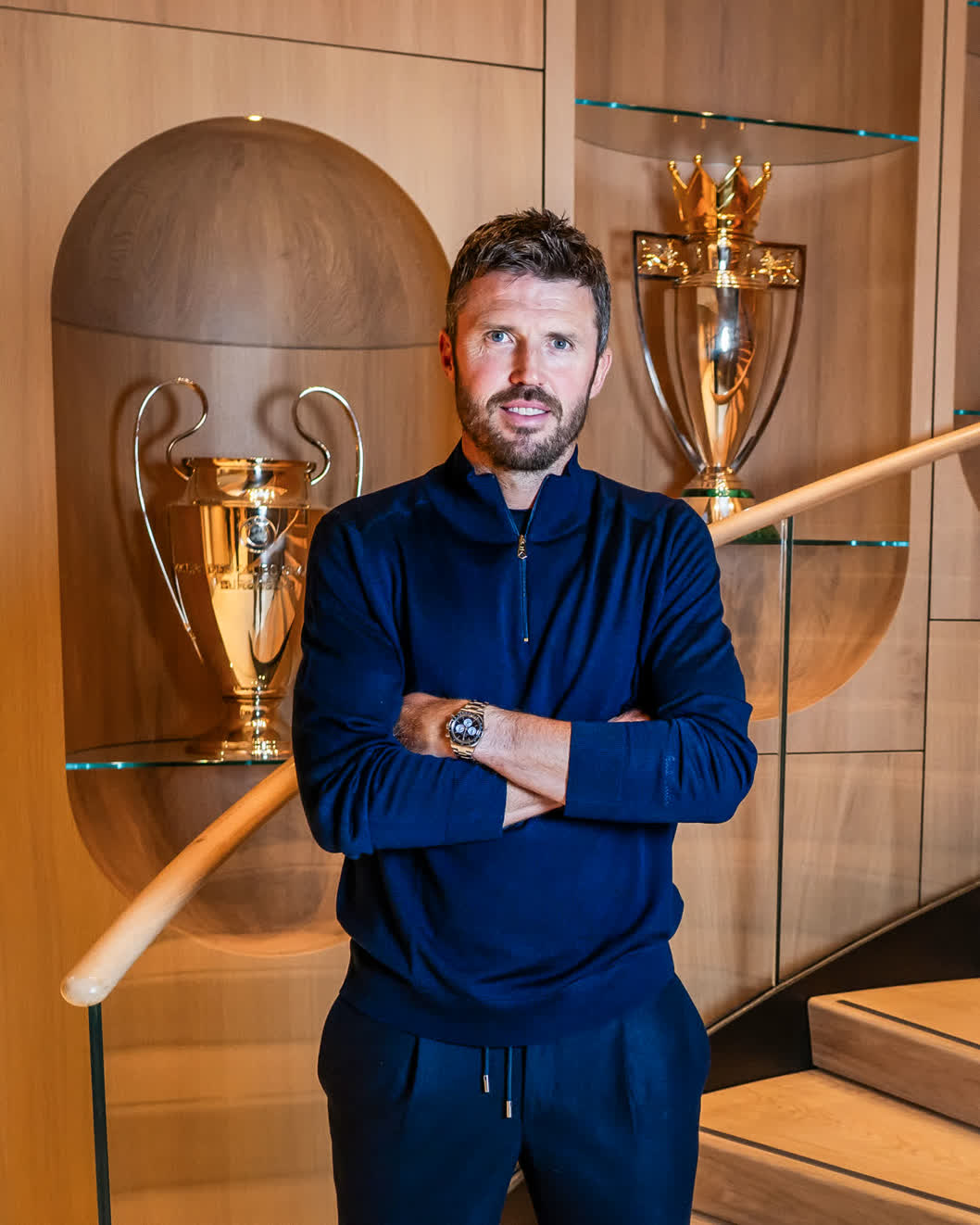In recent years, player power has become one of the defining features of modern football. Once upon a time, managers and club owners had the final say on most matters. But today, top players wield a significant amount of influence both on and off the field.
Consequently, this shift has redefined the way clubs operate, how managers approach their squads, and the relationship between players and the clubs they represent.
In this post, FootballOrbit explores the influence of player power in the round-leather game.
Background
Football has always been about more than the action on the pitch, but in recent years, the off-field intrigues have started to gain more influence on the latter.
Previously, when a player wanted to leave, they usually handed in a transfer request, assign agents to sort things out, and still turned up to training.
Now, the tide has shifted. Players now refuse to train, isolate themselves from the squad, or even lash out on social media to force through a move.
The Rise of the Superstar Player

Football has always had its share of star players, but the rise of the superstar player has intensified over the past two decades.
With the growth of commercial revenues and media exposure, individual players have become global brands. They are not just athletes; they are cultural icons. As a result, their worth extends far beyond the pitch.
For example, Cristiano Ronaldo and Lionel Messi are not merely important players for their respective teams — they are the face of global marketing campaigns, generating millions in sponsorship deals and merchandise sales.
This type of brand influence translates into a level of power that can affect a club’s decisions in a variety of ways.
Furthermore, top players appropriate a major share of value in the football supply network due to their perceived talent and marketability.
Their ability to generate massive revenue through sponsorships, merchandise, and global fan bases gives them significant leverage in contract negotiations and career choices.
Social Media: A Direct Channel to Fans and Clubs
One of the biggest changes in recent years has been the rise of social media as a tool for players to communicate directly with their fanbases.
Platforms like Facebook, Instagram, X (formerly Twitter), and TikTok allow players to bypass traditional media and create their own narratives.
This direct line to the public has provided players with the ability to exert influence over their careers in ways that were previously unimaginable.
For instance, if a top player expresses dissatisfaction with his club through social media, it will have immediate consequences. Such post will make waves across the football world and would be impossible for the club to ignore — despite not being a traditional “official” statement.
The ability to speak directly to millions of followers has given players an unprecedented level of control over their image and how they are perceived, which can in turn influence their negotiating power during contract talks or when they are seeking a transfer.
Player Power in Transfer Demands
Gone are the days when clubs could simply dictate where a player would go if they wanted a move. Today, players have the power to influence their transfer destinations, thanks to their leverage in negotiations and their market value.
One of the most notable case of player power in the transfer market in recent years was Neymar’s transfer from Barcelona to PSG.
The Brazilian forward’s move, which set a world-record fee of €222 million, was largely driven by his desire to step out of Lionel Messi’s shadow at Barcelona and assert his own superstar status.
The transfer was as much about Neymar’s personal ambitions as it was about the financial transaction.
Moreover, his move marked a shift in how transfers are viewed — not just as negotiations between clubs, but as decisions driven by players’ personal desires and marketability.
Also, Kylian Mbappé (PSG to Real Madrid) has demonstrated how a player can hold out for a move to a specific club, knowing that his status as one of the world’s best players gives him the upper hand.
Recent trends
Last summer, Newcastle’s star striker Alexander Isak astonishingly handed in a transfer request, as he tried to force a move to Liverpool.
However, Newcastle tried to persuade him to stay. Isak stopped training with the team and became unavailable for matchday squads — eventually forcing a move.
Likewise, Yoane Wissa took a similar approach at Brentford. The Congolese striker wanted to replace Isak at Newcastle and decided to copy the latter’s trick.
He deleted every mention of Brentford from his social accounts and even changed his profile picture to a blank circle in protest.
Moreso, he trained away from the first team and was missing from matchday squads, which ultimately forced Brentford to accept Newcastle’s bid for him.
Furthermore, another saga transpired at Manchester United. Alejandro Garnacho, once viewed as the club’s brightest young talent, decided his future lies elsewhere at Chelsea.
The fallout was ugly. A mural of him outside Old Trafford was defaced by angry supporters who feel betrayed.
The club was in a dilemma, as selling him could hand a rival a major asset, but keeping him risks months of tension inside the dressing room. He was eventually let go.
The examples of Isak, Wissa and Garnacho shows just how far players are willing to go in today’s market.
Besides, their actions underline how quickly the balance of power can tilt when a player decides enough is enough.
The Role of Influential Agents in the Rise of Player Power in Football
“Super-agents” like Jorge Mendes and the late Mino Raiola have consolidated their power and influence by representing multiple high-profile players and negotiating lucrative deals. They often challenge FIFA’s attempts to regulate their influence.
They can influence a player’s destination, sometimes reducing transfer costs in exchange for higher player fees or future benefits for the player.
The Manager’s Dilemma: Balancing Power and Authority
As players gain more power, managers are faced with the challenge of maintaining their authority within the squad.
The dynamics between managers and star players have evolved from what were once more hierarchical relationships to something more collaborative.
Managers like Jürgen Klopp, Pep Guardiola, and Antonio Conte have recognized the importance of keeping players happy, as their on-field performance often makes or breaks a season.
However, this newfound power doesn’t come without its challenges. The infamous public fallout between José Mourinho and several of his star players — such as Paul Pogba — during his time at Manchester United highlighted the tensions that can arise when a player’s influence begins to clash with the manager’s authority.
In many cases, players have started to dictate terms, whether it be through private meetings with club officials or public remarks that undermine the manager’s position.
Chelsea
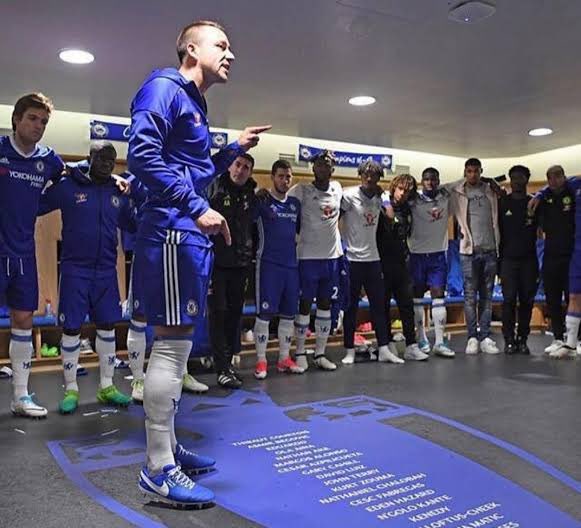
In some instances, players can even influence the club to sack a manager.
Notably, it was believed that there was so much player power and influence at Chelsea during the Abramovich era.
The likes of captain John Terry, Frank Lampard, Didier Drogba, Ashley Cole and Petr Cech et al were rumoured to be too powerful behind the scenes.
Managers such as Avram Grant, Andre Villas-Boas, Roberto Di Matteo, Rafa Benitez and Maurizio Sarri were allegedly sunk by player power.
Additionally, In 2015, John Terry even had to deny dressing room forces curtailed Jose Mourinho’s second stint.
Later, Chelsea’s captain denied reports of an overarching player power at Stamford Bridge.
Furthermore, the high-profile case of Antonio Conte and his relationship with star players at Chelsea comes to mind, where a player rebellion led to the Italian coach’s eventual dismissal.
Often, football players are now being accused of having too much influence in the dressing room. This seems unfair, as if players are naughty schoolchildren from the 1940s who must follow the headmaster’s orders without question.
Manchester United
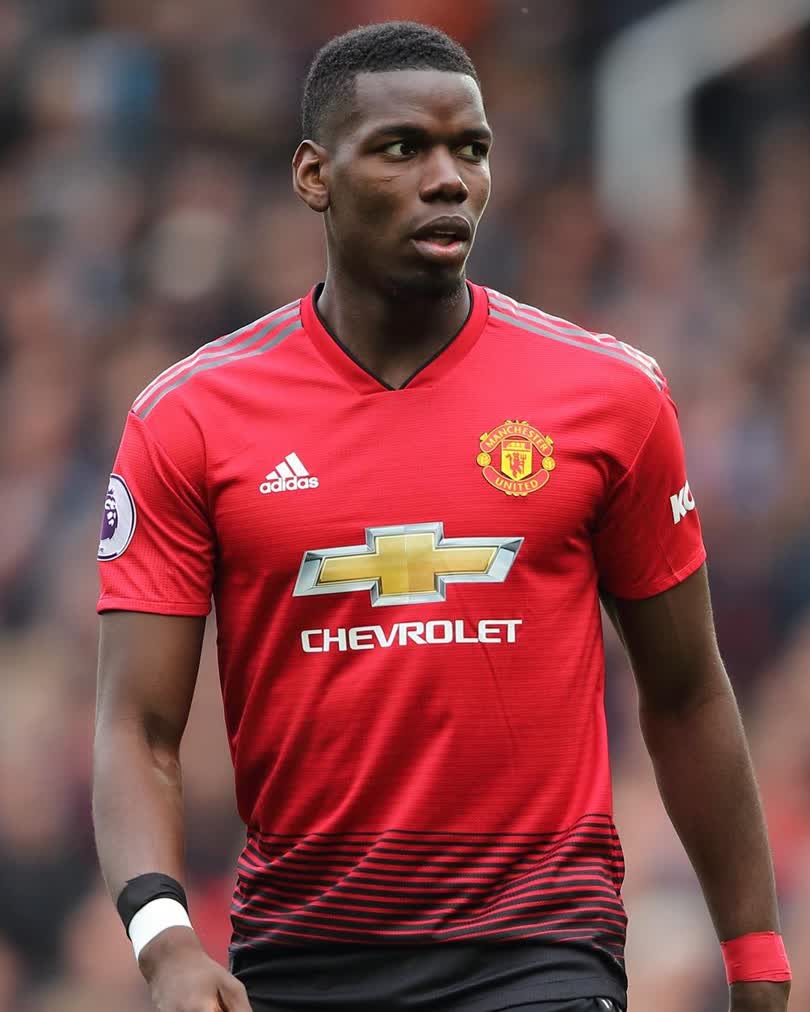
The most relevant example is at Manchester United, where there is a widespread belief that player power is a major issue that has contributed to underperformance in recent years.
This seems to contradict another criticism — that the club lacks leaders. One wonders, then, precisely how a dressing room lacking leaders can also be too powerful!!!
Jose Mourinho once complained of player power in modern football, saying:
“In modern football, there is a problem between the coach and the player,” “We are not in a time anymore when the coach, by himself, is powerful enough to cope and to have a relationship of education and sometimes confrontation with players who are not the best professionals”.
The Union Factor: Players Taking Control
Footballers have always had a voice through their respective unions, but the power of these organizations has grown in recent years.
FIFA’s Players’ Union (FIFPro) has become a key player in advocating for the rights of professional footballers worldwide.
With the increase in player wages and the growing commercial interests at stake, FIFPro has become an essential body in defending the interests of players, negotiating collective bargaining agreements, and ensuring better working conditions.
Moreover, one of the most important areas of focus has been on player welfare, especially given the intense pressure players face in terms of scheduling, injury risk, and mental health.
Players now have a stronger voice in how their careers are managed, and they are more vocal about advocating for their needs.
This collective action has led to changes in how leagues are structured and the protection of players’ interests when it comes to things like contracts, image rights, and even playing time.
Impact of Player Power on Clubs and Managers
Transfer Market Dominance
Players and their agents can engineer moves by refusing to sign new contracts, demanding transfers, or leveraging interest from multiple clubs to increase their bargaining power.
Managerial Influence
Players with significant stature can impact a manager’s authority and job security. A dressing room losing faith in a manager can often lead to a change in leadership, as clubs prioritize the value of their top players.
Squad Dynamics
While a positive influence can inspire teammates (e.g., Diego Maradona at Napoli, Cristiano Ronaldo’s training regime), excessive individual power can disrupt team dynamics and create an unbalanced focus on specific players.
Notable Examples of Player Influence
Cristiano Ronaldo
His rigorous training and conditioning routines transformed him into a physically dominant player and set a new standard for professionalism. His career choices, such as moves to Juventus, Manchester United, and Al-Nassr, have been major global football events, demonstrating significant personal control over his career path.
Lionel Messi
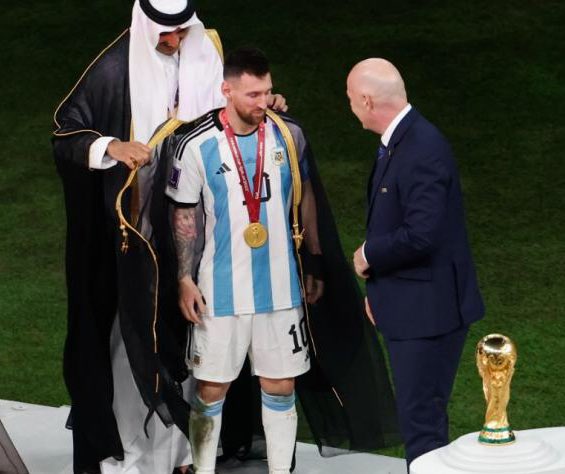
His high-profile move to Inter Miami, similar to the end-of-career choices of Xavi and Iniesta, showcased players’ ability to choose new star leagues and secure big contracts based on their legendary status and market appeal.
Eric Cantona and David Beckham
Both were iconic Manchester United players who, in their own ways, transcended the sport to become cultural icons, demonstrating influence both on and off the pitch through their performance and personal brand.
The Future of Player Power in Football
Looking ahead, it is clear that player power is unlikely to wane. In fact, as football continues to globalize and the commercial landscape grows, players’ influence is only expected to increase.
Therefore, clubs will have to find new ways to strike a balance between the demands of their star players and maintaining team cohesion.
What’s certain is that the relationship between clubs, managers, and players is evolving. No longer are players just mercenaries on the pitch; they are influential figures who shape not only the game but also the global culture surrounding it.
Also, with players becoming brands in their own right, their influence will continue to extend beyond the confines of the football field, impacting everything from sponsorship deals to league expansion.
As player power grows, so too does the responsibility of players to manage that influence wisely. The game has changed — whether for better or worse, only time will tell.
However, one thing is for sure: the era of the superstar player is here to stay.
In conclusion, the balance of power in modern football has shifted, and players are no longer just employees but powerful personal brands with substantial control over their careers and a significant say in the direction of the clubs they play for.


